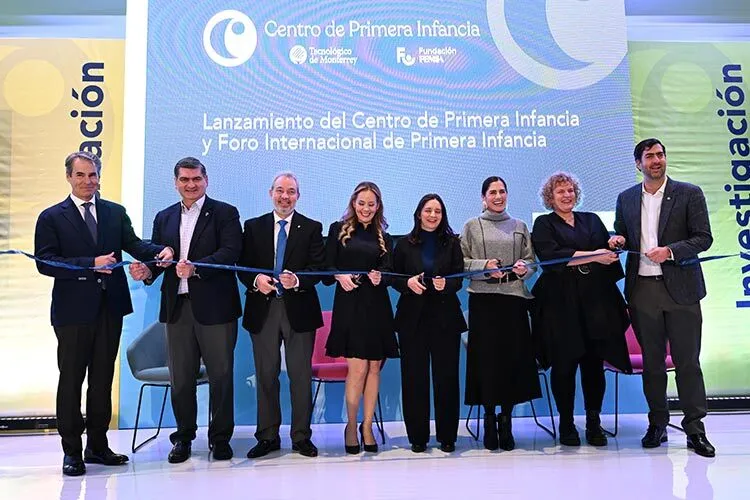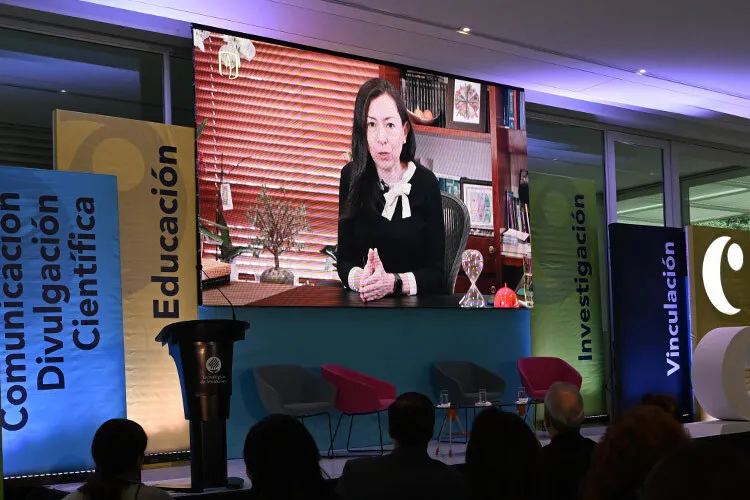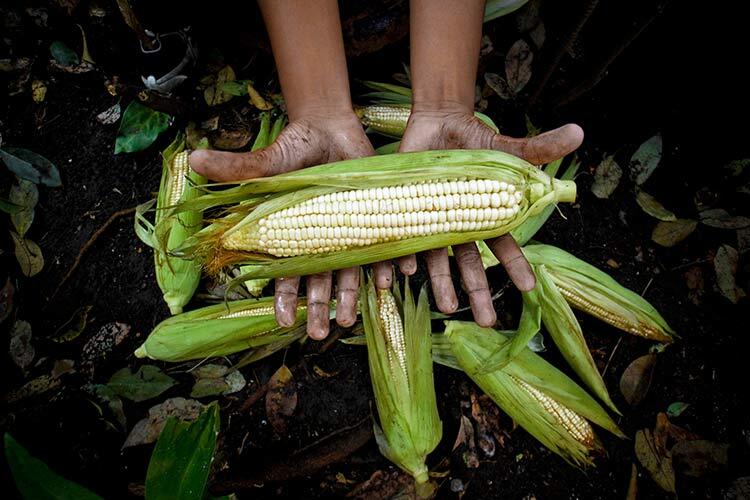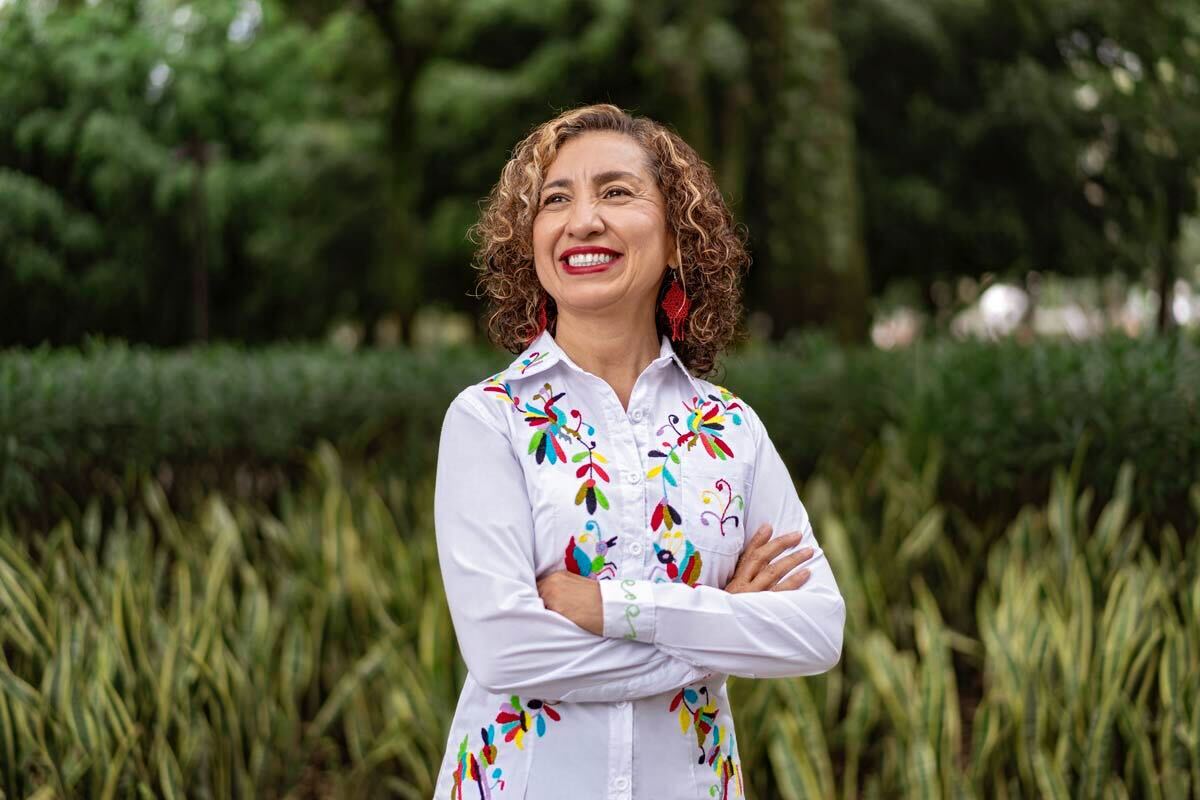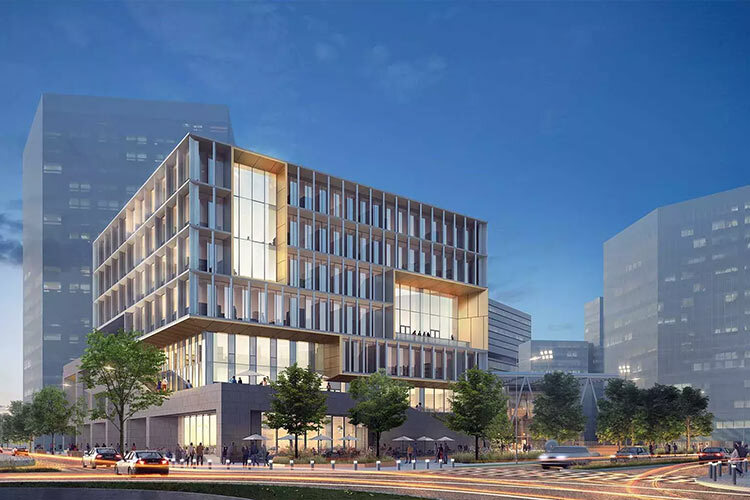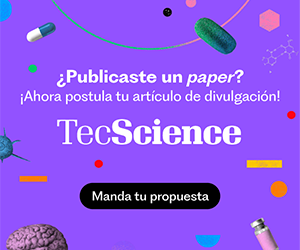Investing in early childhood – the stage from zero to five years of age – is one of the best bets a country can make to guarantee the well-being of its society.
During this period, our central nervous system, which includes the brain, reaches almost 90% of the volume it will have in adult life. Also, the foundations for our future health are established through both physiological and psychological changes.
With this in mind, Tec de Monterrey and FEMSA Foundation created the Center for Early Childhood, inaugurated on November 28, 2023, at Campus Monterrey.
Through four pillars – research, education, communication and dissemination of science, and linkage – the center will seek to transform the knowledge and efforts of different sectors of society into public policies and actions that truly improve how early childhood is lived in Mexico and Latin America.
During the launch event, national and international experts presented the reasons why focusing on this moment in our lives can guarantee a bright future for Latin American societies.
According to Manuel Pérez-Jiménez, director of the Center for Early Childhood, focusing on it can reduce the impact of diseases, both physical and psychological, such as asthma, depression, diabetes, and cardiovascular conditions.
Research conducted by economist James Heckman, winner of the Nobel Prize in 2000, showed that every dollar invested in programs to ensure a good early childhood can yield returns of between $4 and $16.
However, despite the benefits that this brings, in Latin America, the programs focused on these early years are limited.
“In Mexico, investment is very scarce, compared to the one made in the elderly, for example,” said Pérez-Jiménez.
The First Center for Early Childhood in Latin America
“This emphasis on early childhood is because that is where great transformations can be made for society,” said David Garza, rector and executive president of Tec de Monterrey.
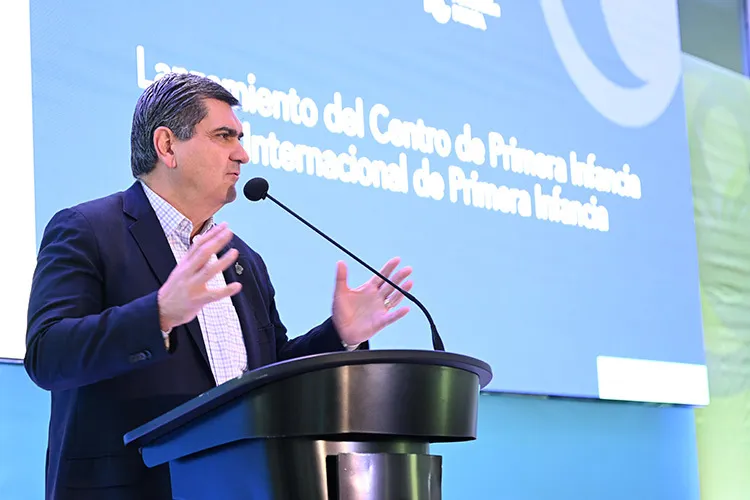
Guillermo Torre, rector of TecSalud and vice president of Research, explained that it was only recently that he realized the relevance of this moment in human life.
“Once I understood, I realized that if we can help a person in development reach their greatest potential, the impact of the effort we make in education and research will be multiplied many times more,” he said.
In the Center for Early Childhood, pioneer in its kind in Latin America, Tec de Monterrey, and the FEMSA Foundation will collaborate with the Universidad de los Andes in Colombia and the Pontifical Catholic University of Chile, which, together with Tec make up La Tríada.
According to Eva Fernández, Early Childhood Investment Manager at Fundación FEMSA, the full development of children depends on many factors, such as the way their caregivers treat them, but also the environment that surrounds them, including things like air quality or the levels of violence that exist in their community.
Creating programs focused on early childhood increases the chances that adults will go to college or have a well-paying job and reduces the risk of them falling into criminal activity.
“Investing in early childhood seems simple, but it’s a great challenge that crosses different disciplines and sectors, and therefore requires a systemic and coordinated approach,” Fernández explained.
In addition, Lorena Guillé, director of FEMSA Foundation, thanked the different centers, universities, and authorities involved in making the Center for Early Childhood possible for their willingness to collaborate.
“The world can be better if we change the beginning of the story,” she concluded.
